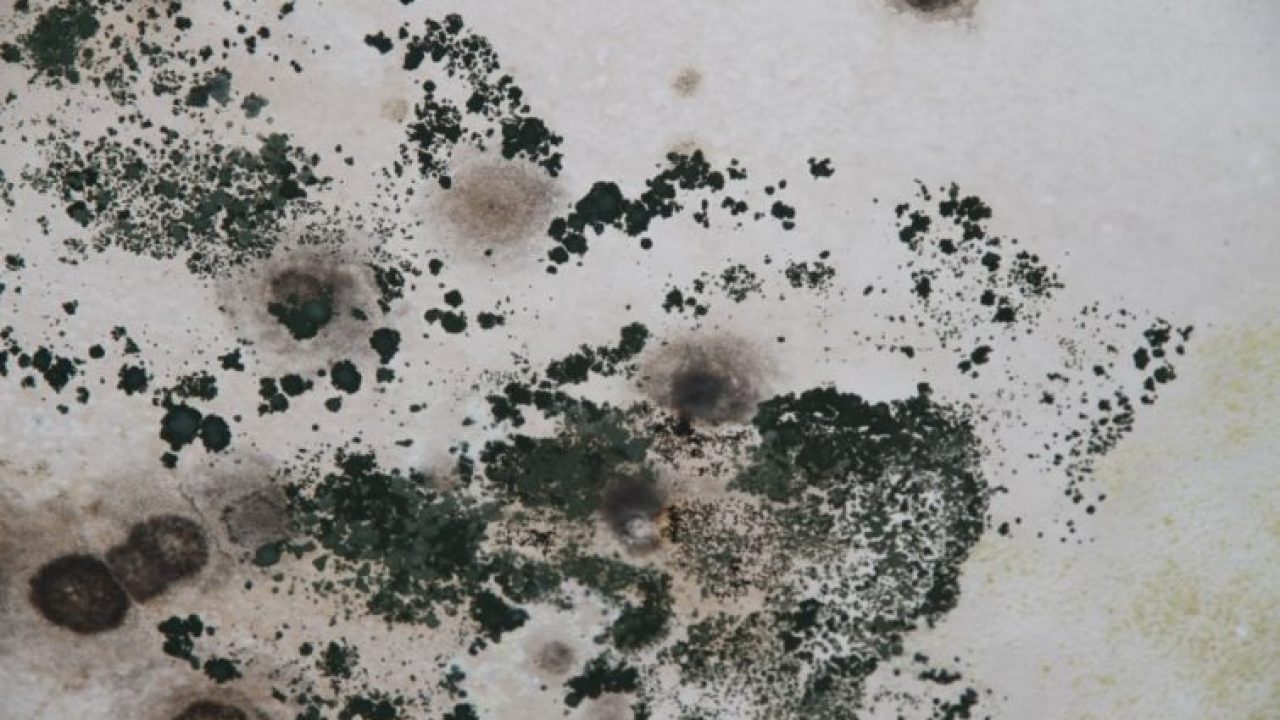Exposure to mold can lead to a variety of respiratory issues, ranging from mild allergic reactions to more severe conditions such as asthma and chronic respiratory infections. Diagnosing mold-related respiratory issues can be challenging, as symptoms often mimic those of other respiratory conditions. However, early detection is crucial for effective treatment and management.
In this article, we will explore the diagnosis and treatment options available for individuals suffering from mold-related respiratory issues. It is important to understand the potential health risks associated with mold exposure and how to address them to prevent further complications.
Understanding Mold-Related Respiratory Issues

Understanding mold-related respiratory issues is essential for individuals who may be experiencing symptoms such as coughing, wheezing, or shortness of breath due to mold exposure. Mold spores can trigger allergic reactions in some people, leading to respiratory issues that range from mild to severe.
It is important to recognize the signs of mold-related respiratory issues and seek proper diagnosis and treatment to alleviate symptoms and improve overall quality of life. By understanding the connection between mold exposure and respiratory health, individuals can take proactive steps to prevent further complications and maintain a healthy living environment.
Symptoms and Diagnosis of Mold-Related Respiratory Issues

Mold-related respiratory issues can manifest in a variety of symptoms, making diagnosis a crucial step in effective treatment. Common symptoms include coughing, wheezing, shortness of breath, chest tightness, and throat irritation. Individuals with underlying respiratory conditions, allergies, or compromised immune systems may experience more severe symptoms.
Diagnosis typically involves a combination of medical history, physical examination, and possibly diagnostic testing such as pulmonary function tests or allergy testing. It is important for healthcare providers to consider mold exposure as a potential cause of respiratory symptoms, especially if the individual resides in a damp or moldy environment. Early detection and intervention can help prevent further complications and improve overall respiratory health.
Medical Treatment Options for Mold-Related Respiratory Issues

There are several medical treatment options available for individuals who are suffering from mold-related respiratory issues. Depending on the severity of the symptoms and the underlying causes, healthcare providers may recommend a combination of medications, such as antihistamines, decongestants, or corticosteroids, to help alleviate discomfort and inflammation. In severe cases, bronchodilators or oxygen therapy may be necessary to improve breathing and oxygen levels.
It is also crucial for individuals to address the source of mold exposure and make necessary changes to their living environment to prevent future respiratory issues. Additionally, consulting with a healthcare provider for individualized treatment recommendations and ongoing monitoring is essential for managing mold-related respiratory issues effectively.
Conclusion
In conclusion, mold-related respiratory issues can greatly impact ones health and quality of life. Proper diagnosis and treatment are essential in managing these conditions effectively. It is important to seek medical attention if experiencing symptoms such as coughing, wheezing, or difficulty breathing, as these could be signs of mold exposure.
Additionally, conducting a mold inspection tampa or wherever you reside can help identify the source of the problem and prevent further health complications. By taking proactive measures and addressing mold issues promptly, individuals can improve their respiratory health and overall well-being.

